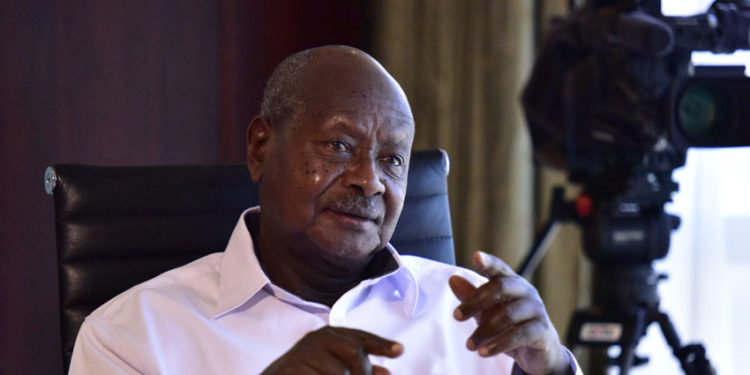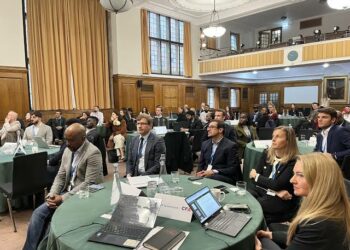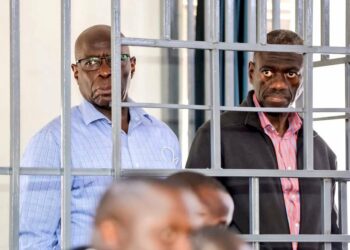As investigations into the root cause of violence, vote rigging and bribery that marred the recently concluded National Resistance Movement (NRM) primaries, election observers have revealed that President Yoweri Museveni’s late ordinance on the party voters register played a bigger part in causing confusion which sparked off irregularities.
The report issued by National Election Watch (NEW-U), a consortium of over 60 civil society organizations alleges that President Museveni who is also the NRM national chairman blundered when he issued a controversial directive regarding the voters’ register, only hours to polling.
On 2nd September, President Museveni wrote a letter to the NRM electoral commission directing that all known NRM members who were not in the party register should vote as long as they were 18 years of age.
“In exercise of the powers granted to the chairman under Article 14 of the Constitution, I hereby offer guidance that all members of NRM whose names appear on the register shall be allowed to vote. Any NRM member whose name is not on the party register shall be immediately be added to the register and permitted to vote if the person is 18 and above,” reads the letter.
However, the observers blame President Museveni for overtaking the work of the NRM Electoral Commission chairperson Dr Tanga Odoi who had organised the elections from the start. A consortium of observers who observed elections in over 100 polling stations in 35 districts said that by issuing this order, Museveni overstepped his mandate and suppressed Dr Tanga’s first ordinances yet it should have been made by the latter given the fact Article 39(10) of the party’s Constitution clearly gives the responsibility to party’s EC.
“By the morning of election day, some NRM registrars had not received written copies of the directive and therefore failed to communicate to candidates and voters. This caused confusion whereby some non-NRM members in Wakiso and other places had voted by just presenting a national ID, instead of a party card,” the report reads in parts.
Another confusion highlighted in the report is that voting didn’t start at the same time which gave room for people to vote in multiple locations since one didn’t have to be in a register to vote. Also, the voting method of lining made some people stay away from polling stations for fear of violence and conflicts that would arise on and after polling day.
The observers also witnessed confusion at the time of vote counting at some polling stations which had long lines, where two people were counting from either side, this caused a lot of confusion whereby two people had different figures after counting.
Another report from Citizens’ Coalition for Electoral Democracy in Uganda (CCEDU) indicated that also voter bribery was another cause of violence, it alleges that candidates dished out money to voters on the way to the polling station.
“Members failed to articulate their message and what they are going to do and focused on giving out money,”
Do you have a story in your community or an opinion to share with us: Email us at editorial@watchdoguganda.com












